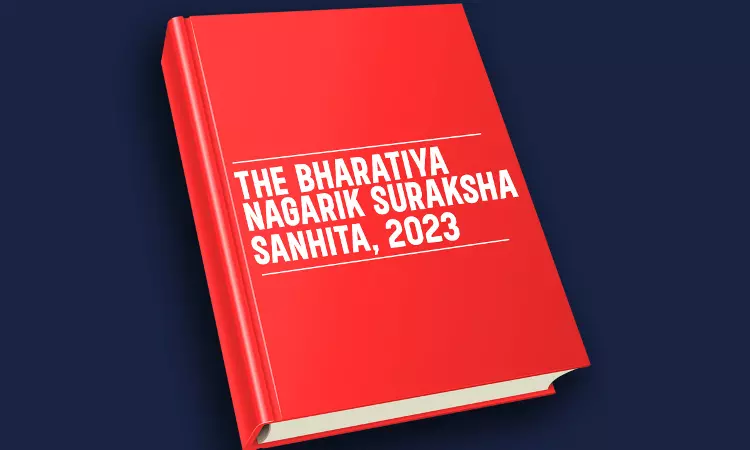The revised Bharatiya Nagarik Suraksha Sanhita Bill (BNSS) introduced in the Lok Sabha by the union government in the ongoing winter session of the Parliament has overlooked the concerns of a parliamentary standing committee over a provision allowing police custody beyond the initial fifteen days of remand. The BNSS, originally introduced during the monsoon session, seeks to replace the Code...

